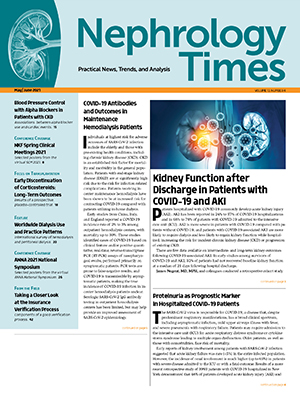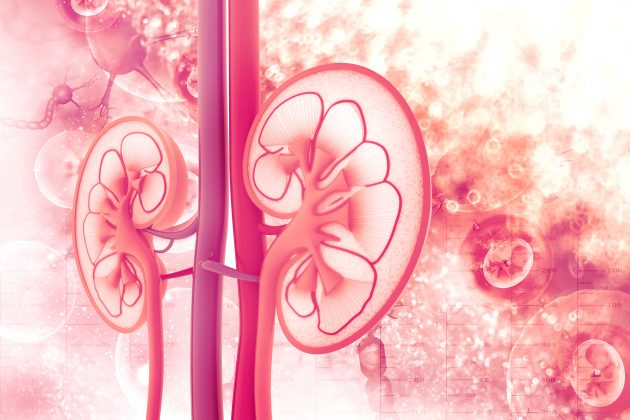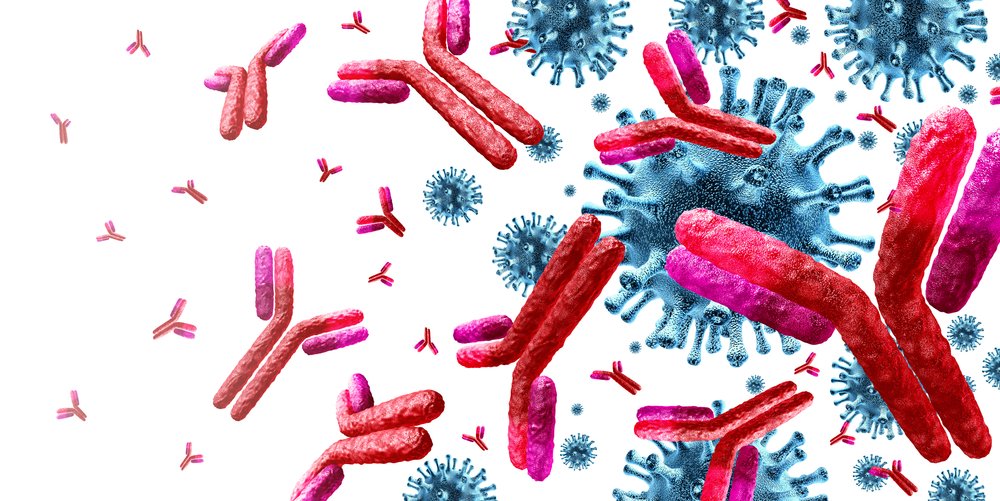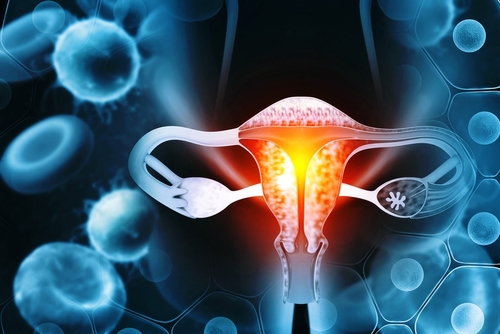NKF Spring Clinical Meetings 2021
People of African American ancestry who carry the apolipoprotein L1 (APOL1) genotype who acquire COVID-19 infection are at high risk of acute kidney injury (AKI) and nephrotic-range proteinuria, due to collapsing glomerulopathy. Available data suggest that the majority of cases of AKI in African American patients are associated with acute tubular injury. There are no data on whether the high-risk APOL1 genotype confers an increased risk for AKI related to COVID-19.
Terrance Wickman, MD, and colleagues conducted a study to test the hypothesis that the risk for COVID-19-related AKI is increased in patients with APOL1 high-risk genotype. Results of the study were reported during a virtual poster session at the NKF Spring Clinical Meetings 2021 in a poster titled Risk of Acute Kidney Injury in COVID-19 Is Increased in African Americans with APOL1 High-Risk Genotype.
The researchers prospectively identified African American patients who were treated at Ochsner Health System with a nasopharyngeal swab positive PCR for SARS-CoV-2 RNA. Blood samples were retrieved within 72 hours of collection and sent to Arkana Laboratories for genotyping with APOL1 polymorphism.
The outcomes of interest were AKI (Kidney Disease Improving Global Outcomes criteria stage ≥2), persistent AKI, defined as no resolution within 72 hours, and AKI requiring renal replacement therapy (RRT) occurring within 21 days of the positive PCR test.
The researchers obtained and assayed specimens from 134 patients. Median age was 59 years, 59% were women, 67% had hypertension, and 29% had preexisting chronic kidney disease (CKD). In incidence of high-risk APOL1 genotype in the overall cohort was similar to known prevalence: 15%.
Among the patients with high-risk APOL1 genotype (2 risk alleles), the odds ratio (OR) for AKI, persistent AKI, and AKI requiring RRT were 4.8 (P=.005), 5.3 (P=.001), and 3.6 (P=.03), respectively. Results of multivariate logistic regression analyses adjusting for age, sex, body mass index, hypertension, and CKD, also demonstrated an increased risk for AKI (OR, 5.6; P=.009), persistent AKI (OR, 4.9; P=.005), and AKI requiring RRT (OR, 3.3; P=.05) for patients in the high-risk APOL1 genotype group.
In summary, the researchers said, “High-risk APOL1 genotype in African Americans is associated with greater risk for AKI stage ≥2, persistent AKI, and AKI requiring RRT in COVID-19. Whether the increased AKI risk is driven by a greater risk for inapparent glomerular insult, a tubular insult, or other factor is not known and warrants further investigation. This observation may have significant public health implications.”
Source: Wickman T, Trochez LM, Braga J, Arthur J, Velez JC, Larsen C. Risk of acute kidney injury in COVID-19 is increased in African Americans with APOL1 high-risk genotype. Abstract of a poster presented at the National Kidney Foundation virtual Spring Clinical Meetings (Abstract #25), April 9, 2021.
Credit: Original article published here.










